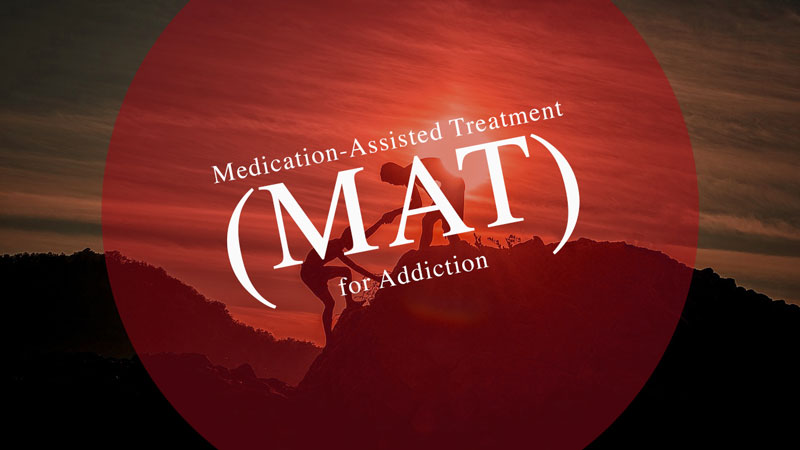It is important to note that because it is impossible to treat this illness through arrests, an increasing number of sheriffs and other law enforcement officials have become an evolving force in supporting the use of treatment to quell the nation’s OUD epidemic.
Who Pays for Treatment
Unless payors recognize that there is a need to reimburse treatment wherever patients receive care for their OUD, there will be no way out of this public health crisis. At the present time, 11 states3 do not provide Medicaid reimbursement for OTPs. However, following recently passed legislation4, the Centers for Medicare and Medicaid Services will be developing a reimbursement model for Medicare beneficiaries receiving treatment in OTPs. Commercial carriers are also working to develop models to provide reimbursement to OTPs. This will take years to develop but the change appears to be positive.
Summary
A recent article in the New England Journal of Medicine (July 5, 2018) (24) suggests that methadone might be made available in primary medical practice settings for the treatment of opioid dependence. AATOD recommends that this proposal should only be considered after careful, conservative, and thoughtful evaluation. As history and our policies have shown, we do not reject the public health model for increasing access to care for OUD, nor are we ignoring what has been learned about clinical standards of care to treat this illness. It is important to understand, however, the complexity of inducting a new patient into methadone maintenance treatment when developing policies for increasing access to medication assisted treatment. While methadone induction is discussed in SAMHSA’s Treatment Improvement Protocols, it is critical that policymakers consider the unique pharmacology of methadone maintenance and the need to conduct a safe and medically effective assessment during induction
The value of an OTP is certainly evident during the induction phase due to the number of medical/nursing and counseling personnel. Induction must be conducted in an organized, therapeutic manner, and it requires enormous clinical vigilance through a well-coordinated team of professionals who are engaged and working with the patient.
Fifty-plus years of experience treating this population suggest that this is a complex illness confounded by other physical and behavioral health disorders, social and environmental stressors, victimization, stigma, and discrimination. Treatment and recovery support need to be particularly sensitive to these factors. For most, opioid addiction is the tip of the iceberg. Any and all treatment and recovery efforts depend on adequate, objective, and comprehensive evaluation and assessment and must be skillfully and carefully coordinated.
3 Arkansas, Idaho, Iowa, Kansas, Louisiana, Mississippi, Montana, North Dakota, Oklahoma, Tennessee, Utah
4 H.R. 6




Leave a Reply